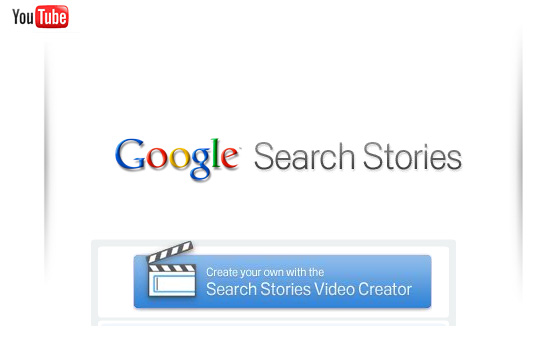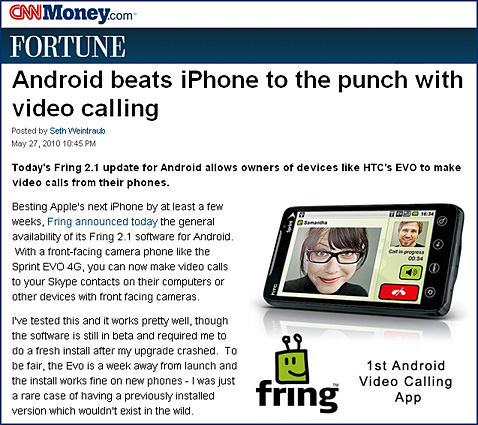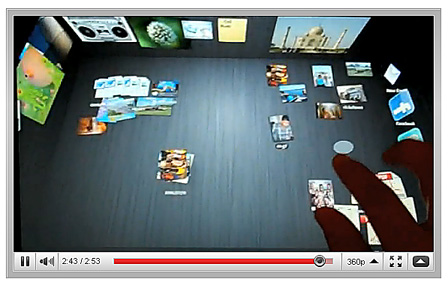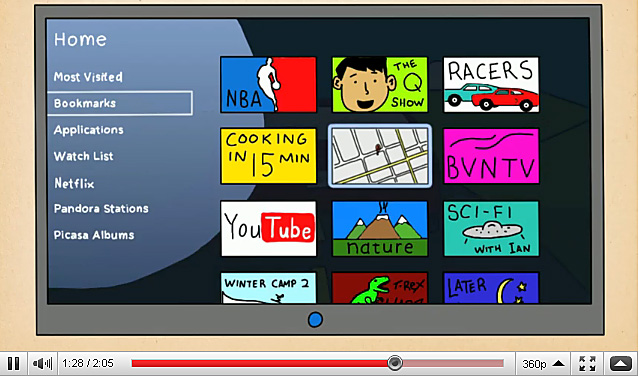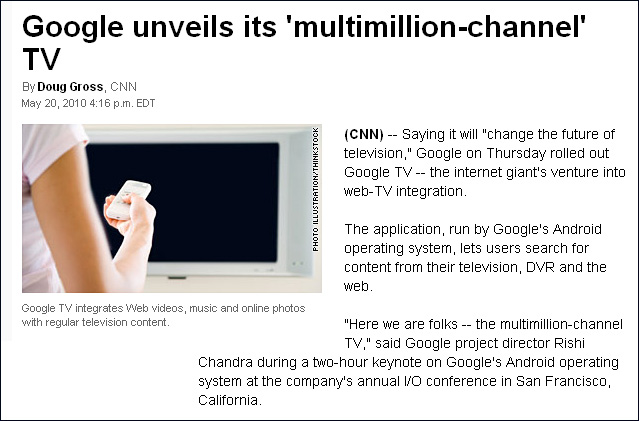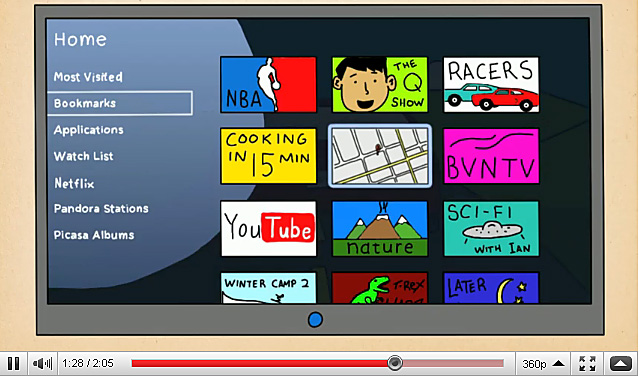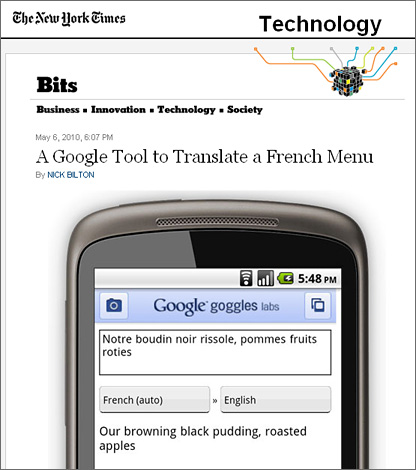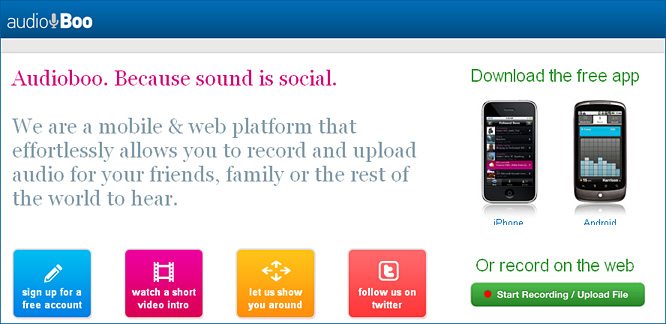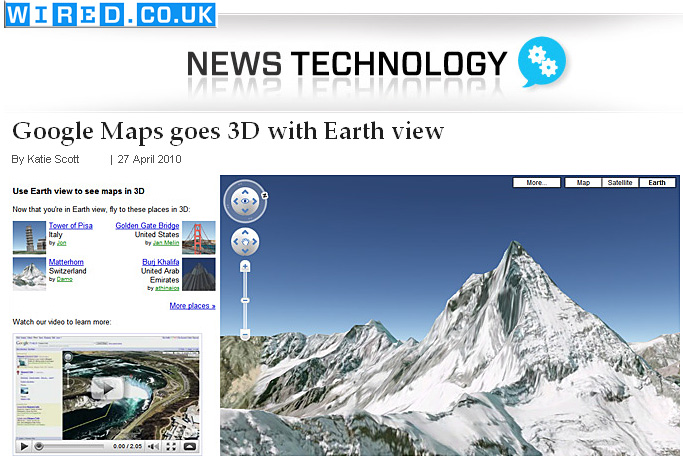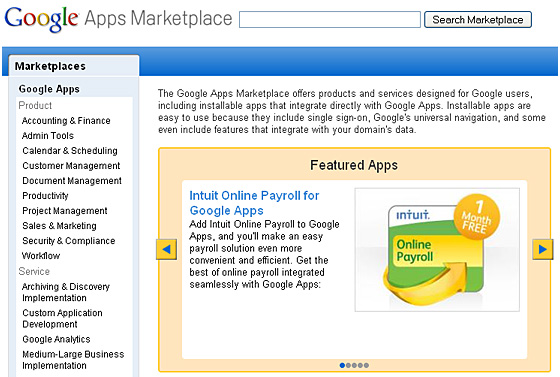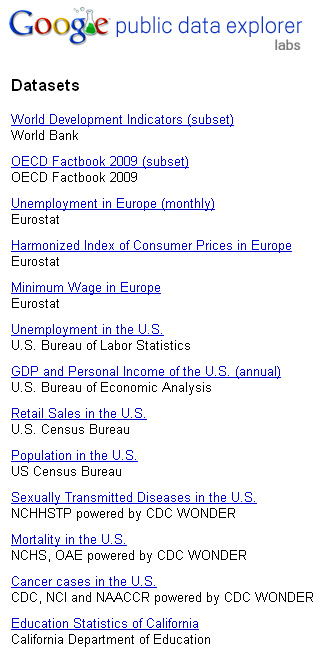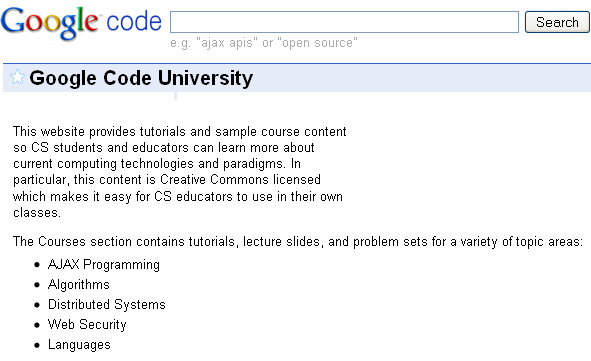Google buys BumpTop: 3-D multitouch tablet interface on the way? –– from gigaom.com
Google introduces new Web video standard, splits industry — from cnn.com by Seth Weintraub
Google today announced the release of VP8, a new video codec that it envisions will pave the way for the future of video on the Web.
From DSC:
Great — that’s just what the world of digital video needs — another codec! Here’s yet another “standard” to make the chaotic mess even messier. Geez.
You know…I’m a big fan of Apple (as you can probably tell). However, I’m not sure this pissing match between Jobs and Schmidt is helping or hurting the customer bases out there (perhaps both at times). It just seems like their egos are huge and they’re constantly trying to battle it out…trying to out perform the other. Product for product. Service for service. And now, codec for codec.
I wonder what conversation(s) took place in the Apple boardroom that got Eric so worked up to go head-to-head w/ Jobs. Or did Eric see the $$/opportunities..er writing on the wall? Or did Steve get ticked off at Eric for some other reason? Who knows. I just hope this can settle down a bit. I don’t know…maybe this competition will only benefit consumers. But in the case of the codec here, it hurts developers and designers; and, like the title states, it splits the industry.
Where on the Web is HTML5? –– from Webmonkey.com by Scott Gilbertson
…HTML5 is much more than a hopeful successor to Flash’s web-video crown. In fact, watching a video without a plug-in only scratches the surface of what HTML5 offers.
HTML5 is the next generation of HTML, the language of the web. More than just a markup syntax like its predecessors, HTML5 provides a new set of features designed to make modern web applications work more like desktop applications.
The key features in the HTML5 stack: native video and audio playback, animated graphics, geolocation, hardware acceleration for in-browser events, the ability to keep using a browser-based app even if your internet connection drops, the ability to store application data on your local machine, dragging and dropping of files from the desktop to the browser, and the addition of semantic markup on pages, making them easier for both machines and humans to understand.
Also see:
Google rolls out new developer tools — from CNN.com
Google kicked off its annual developers’ conference on Wednesday by introducing tools to help people build web-based applications, while making a strong push for HTML5, the next generation of the code on which the web is built.
In a wide-ranging keynote, Google engineers and guest speakers emphasized the potential of the web as an open-source platform for developers to build apps and reduce the dependence on plug-ins — small external programs, such as the Flash media player, that can make browsers more useful.
“The future of the web is HTML5,” Sundar Pichai, a Google vice president of project management, told the audience at the Google I/O conference in San Francisco, California.
Google unveils real-time translation tool for smart phones — from eSchoolNews.com
From Share audio recordings with AudioBoo – by Chris Clark
AudioBoo is a free service that lets you record sound on an iPhone, iTouch, Android phone, or computer and share it online. It’s an example of microblogging; users record a “boo” of up to five minutes in length, optionally add a photo, and post it to their page. Those who understand Twitter can think of a boo as a sort of audio tweet.
24 interesting ways to use Google Docs in the classroom — by Tom Barrett
Learning TRENDS by Elliott Masie – March 5, 2010.
#609 – Updates on Learning, Business & Technology.
54,891 Readers – http://www.masie.com – The MASIE Center.
Host: Virtual Leadership LAB & Seminar – Saratoga Springs
Google predicts demise of the desktop: John Herlihy, Google’s VP of Global Ad Operations, has claimed that desktop PCs would become “irrelevant” in three years down the line. Addressing the Digital Landscapes Conference in Dublin, Herlihy predicted a bleak future for desktop PCs, as smartphones, netbooks, along with other gadgets are evidently gaining grounds over them. In his keynote speech, Herlihy said: “In three years time, desktops will be irrelevant. In Japan, most research is done today on smart phones, not PCs”. This echoes Google CEO Eric Schmidt’s comments Global sales of smartphones and other high-end handheld devices have been soaring at a rapid pace and would very soon surpass sales of traditional PCs.” This has huge implications for the learning field – as we look towards supporting learning through a new and broader range of mobile based resources. Learning designers will need to refocus their design sensibilities towards a smaller footprint and very different type of learning application (emphasis DSC).









